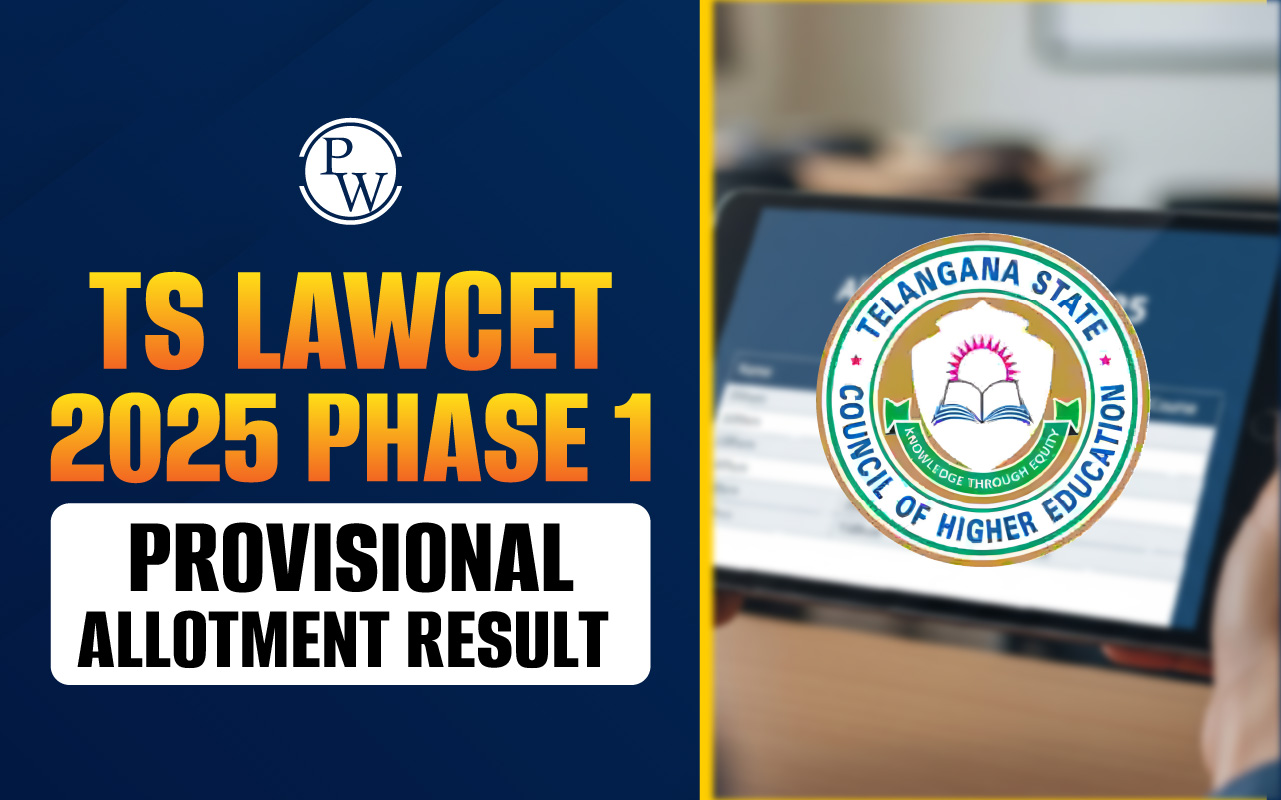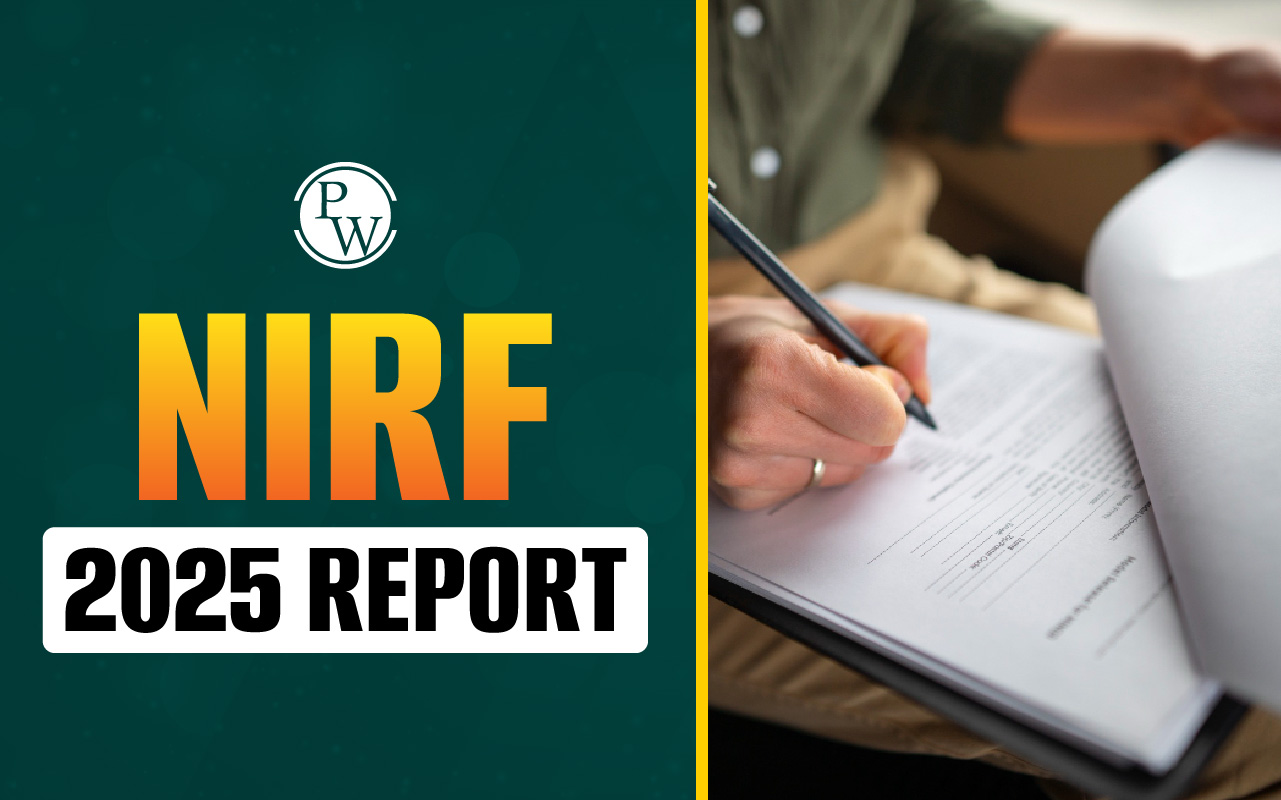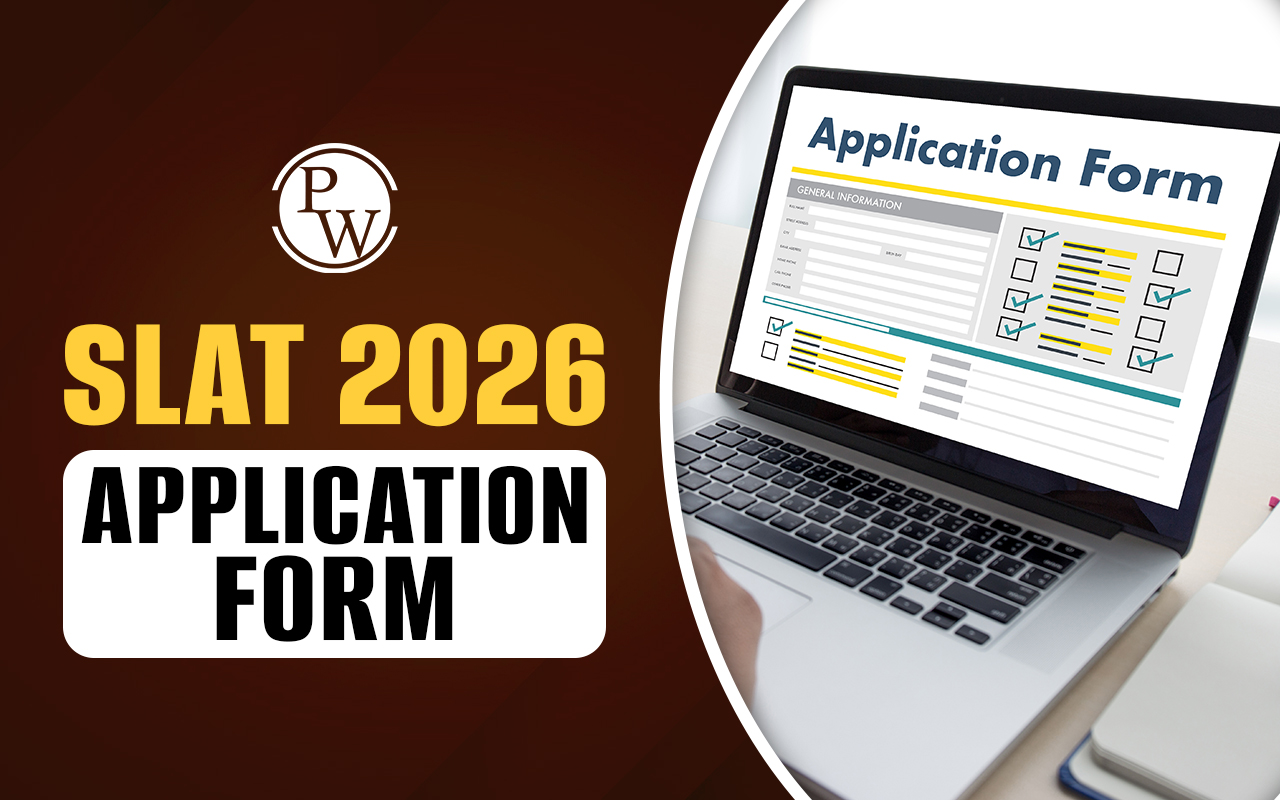
What is CLAT Exam: The CLAT (Common Law Admission Test) is a national-level entrance exam conducted for admission to undergraduate and postgraduate law programs in top law schools, including National Law Universities (NLUs) in India. In India there are a total of 26 NLUs that accept CLAT scorecards. It evaluates candidates on skills such as legal reasoning, logical reasoning, English comprehension, current affairs, and quantitative techniques. CLAT is highly competitive and serves as a gateway to prestigious legal education and career opportunities in India.
Checkout Law Books from PW Store
CLAT Exam Overview
The CLAT Exam is a highly competitive entrance exam for admission to undergraduate and postgraduate law programs across 26 National Law Universities (NLUs) and top law schools in India. Conducted annually, CLAT serves as the primary selection criterion for law aspirants seeking admission to top-tier legal institutions. With its rigorous format, CLAT plays a crucial role in shaping the careers of future lawyers in India.
The following table mentions details of the important aspects of the CLAT Exam.
History of CLAT Exam
The Common Law Admission Test (CLAT) was established to streamline the admission process for National Law Universities (NLUs) in India. Before CLAT, each NLU conducted its own entrance exam, creating a stressful and expensive situation for students who had to prepare for multiple tests
Here’s a brief history of the CLAT Exam.
- The first NLU in India, the National Law School of India University (NLSIU), was established in Bangalore in 1987.
- By the early 2000s, the need for a centralized admission test became apparent to reduce the burden on students. In 2006, the Supreme Court of India recognized the need for a unified entrance test for all NLUs.
- The first CLAT exam was conducted in 2008, organized by NLSIU Bangalore. Seven NLUs participated in CLAT 2008: NLSIU Bangalore, NALSAR Hyderabad, NLIU Bhopal, WBNUJS Kolkata, NLU Jodhpur, HNLU Raipur, and GNLU Gandhinagar.
- Over the years, the number of participating universities has increased, and in 2018, a permanent body called the CLAT Consortium was established to oversee the exam.
- NLU Delhi and NLU Meghalaya do not participate in CLAT and conduct their own entrance tests, AILET and MEG UAT, respectively.
Purpose of CLAT Exam
The purpose of the CLAT exam is to provide a fair and standardized process for admission to undergraduate and postgraduate law programs in India’s top National Law Universities. It plays a crucial role in selecting candidates based on merit, ensuring access to quality legal education and shaping the future of the legal profession in the country.
- Admission to NLUs: The primary purpose of CLAT is to provide admission to undergraduate (BA LLB) and postgraduate (LLM) law programs in 22 National Law Universities (NLUs) across India.
- Standardized Evaluation: It serves as a standardized platform to assess candidates' aptitude in various areas such as legal reasoning, general knowledge, and language skills.
- Merit-Based Selection: The exam ensures merit-based selection, offering equal opportunities to all law aspirants regardless of their background.
- Entry into Prestigious Institutions: CLAT acts as the gateway for students aspiring to study law in some of India’s most prestigious legal institutions, thereby shaping future legal professionals.
- Unified Process: It simplifies the law admission process by providing a common entrance test for multiple law universities, reducing the need for separate exams.
CLAT Exam Eligibility Criteria
The CLAT Exam Eligibility Criteria outline the qualifications and requirements that candidates must meet to be eligible for the exam. These criteria include age limits, educational qualifications, and minimum marks in the qualifying exams. The following table gives the details of the CLAT exam’s eligibility criteria.
CLAT Exam Pattern
The CLAT exam pattern outlines the structure and format of the entrance test, including the types of questions, duration, and marking scheme. It consists of multiple-choice questions covering subjects like English, General Knowledge, Legal Reasoning, Logical Reasoning, and Quantitative Aptitude. The exam is designed to assess candidates' overall analytical and problem-solving skills, crucial for a successful legal career.
CLAT Exam Syllabus
The CLAT (Common Law Admission Test) syllabus is divided into five key sections: English Language, Current Affairs including General Knowledge, Legal Reasoning, Logical Reasoning, and Quantitative Techniques. The CLAT exam includes 120 multiple-choice questions to be completed in 120 minutes. Each correct answer earns +1 mark, while each incorrect answer incurs a negative marking of -0.25.
The following table includes the details of the CLAT Exam’s syllabus.
CLAT Exam Marks Distribution
The CLAT exam marks distribution outlines how points are allocated across different sections of the test. The exam consists of multiple-choice questions, with each correct answer earning one mark, while incorrect answers result in a penalty of 0.25 marks. This system ensures that candidates are rewarded for accuracy while discouraging random guessing.
List of National Law Universities (NLUs)
National Law Universities (NLUs) are premier law institutions in India that offer undergraduate and postgraduate programs. There are 26 NLUs in India that accept CLAT scorecards for admission to law courses. NLU Delhi conducts its own entrance exam, AILET, for admission.
List of CLAT-Affiliated Colleges
In addition to the National Law Universities (NLUs), many other law schools in India use CLAT scores for admissions. These affiliated colleges offer various law programs, including BA LLB, BBA LLB, and LLM. CLAT Exam is a prominent law entrance exam that assesses a candidate’s aptitude for law, and many prestigious law colleges consider CLAT scores for student admissions.
UG Courses at NLUs
The National Law Universities (NLUs) offer various undergraduate (UG) law courses, primarily as five-year integrated degrees. These courses aim to provide a strong foundation in both legal and non-legal subjects.
Here are some of the UG courses offered at NLUs:
- BA LLB: Many NLUs, including TNNLU, offer the BA LLB (Hons) program. This program combines humanities subjects with law courses.
- BCom LLB: Some NLUs offer the BCom LLB (Hons) program. This program combines commerce subjects with law courses.
- BBA LLB: NLUs such as GNLU Gandhinagar offer the BBA LLB. This program combines business administration subjects with law courses.
- BSc LLB: Some NLUs provide the BSc LLB. This program combines science subjects with law courses.
- LLB: NLSIU Bangalore offers a three-year LLB course. This program is a postgraduate degree for students who already have a bachelor's degree.
Registration Process for CLAT Exam
The registration process for the CLAT exam involves an online application through the official CLAT website. Candidates need to provide personal, academic details, upload necessary documents, and pay the application fee to complete their registration
- Visit the Official Website: Go to the Consortium of NLUs' official website at consortiumofnlus.ac.in.
- Registration: Click the 'Register' button. Enter your name, mobile number, and email address, then create a password. Verify the OTP sent to your registered mobile number to complete the registration.
- Fill Out the Application Form: Log in with your credentials and provide your personal, academic, and contact information. Select your preferred test centers.
- Upload Documents: Upload the required documents, such as a passport-sized photograph, signature, and category certificate (if applicable), in the specified format. Ensure all documents/certificates are uploaded in PDF format.
- Select NLU Preferences: Choose the order of your preferred NLUs.
- Pay the Application Fee: Pay the registration fees online using a debit/credit card, net banking, or UPI. The application fee is non-refundable.
- Submit the Form: Review your application to ensure all information is correct, then submit the form.
- Download Confirmation Page: After successful submission, save the confirmation page for future reference.
Preparation Tips for CLAT Exam
Here are some preparation tips for the CLAT exam.
- Familiarize yourself with the complete syllabus, focusing on key areas like English, Legal Reasoning, Logical Reasoning, General Knowledge, and Quantitative Aptitude.
- Develop a structured study schedule to cover all topics and allow time for revision, ensuring balanced preparation for each section.
- Solve previous years’ question papers and take mock tests to get a feel for the exam pattern, time management, and question types.
- Stay updated with current affairs by reading newspapers, magazines, and journals. This helps in enhancing your general knowledge and legal aptitude.
- CLAT has negative marking, so focus on accuracy rather than attempting all questions. Practice enough to minimize errors.
CLAT Exam Study Materials By PW
PW provides quality study material for the CLAT Exam. The study material includes topic-wise notes, sample papers, books, and free lectures to simplify complex topics for the exam.
What is CLAT Exam? FAQs
What is CLAT?
Who conducts the CLAT exam?
What is the eligibility for CLAT?
What subjects are covered in the CLAT exam?
What is the exam duration?














